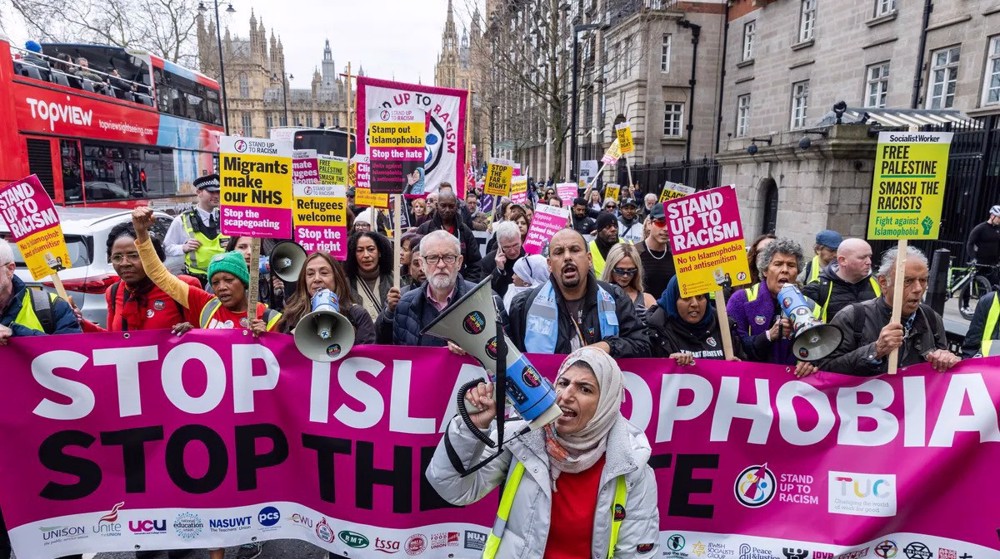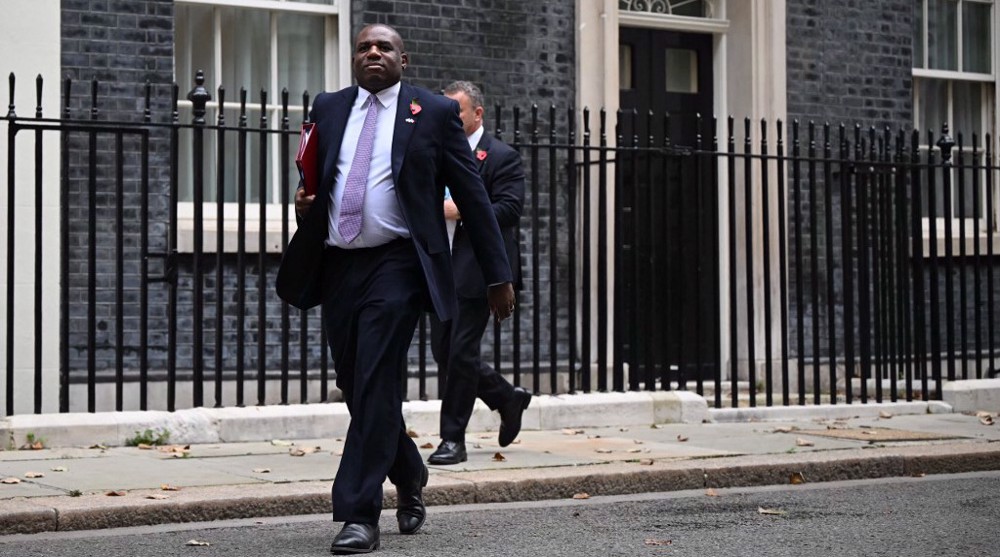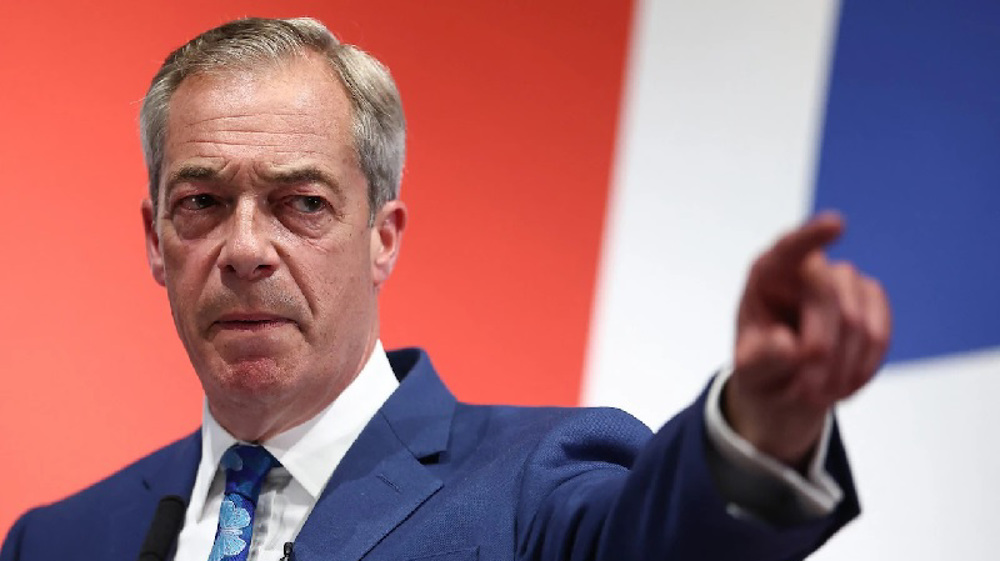Parliament is just as confused about Brexit as you may be!
Following the appointment of UK Prime Minister Boris Johnson, as well as his pro-Brexit cabinet, many are wondering if London can forge a deal to leave the European Union. Don’t fret if you are having a hard time making sense of any Brexit news, because nobody seems to know what will happen, even those in Parliament!
Since the UK voted to leave the EU in June 2016, politicians have not been able to figure out what that actually means for the UK, which has been a member of the bloc since 1973.
Both supporters of the Labor Party and the Conservative Party voted to leave the EU back in 2016. Supporters said that a successful Brexit move would bring back control to the UK – which seems a bit ironic in these chaotic days.
Meanwhile, those who voted to stay in the EU, including the governments of Scotland and Ireland, emphasized the protection of human rights and the freedom of movement – for both individuals and businesses.
The wrench in the gears, however, lies with the issue of Scotland and Northern Ireland, the latter of which shares some 300 miles of border with the Republic of Ireland (an EU member state), which could decide the future of the whole of Europe.
Northern Ireland has had fences and checkpoints on the border before, and during that time more than 3,600 people died in a 30-year conflict known as “The Troubles”.
Any Brexit deal would mean that the UK would leave the EU single market and Customs Union, and the border would become a crossing point of goods leaving the UK and entering the Republic of Ireland. That is the core of the issue.
The EU has demanded a backstop in Brexit negotiations and that no matter what happens, there has to be an open border in Ireland, although with customs control points to stop UK products that fail to meet the bloc’s standards.
A hard border, experts say, would inflame hardcore dissident Republicans, hard-line Irish nationalists, who have vowed to carry out attacking symbols of British rule.
Former PM Theresa May came up with a deal which included the backstop, which the British Parliament rejected. Mrs. May stepped down as Prime Minister last week after having failed to make any progress on Brexit.
Meanwhile in Scotland, Scotland’s first minister called for a second Scottish independence vote.
As the new prime minister now takes up the mighty task of exiting the EU – something the previous Tory leader Theresa May failed to do – the Scottish National Party leader, Nicola Sturgeon, reminded Johnson that “people in Scotland voted overwhelmingly to remain in the European Union.”
A referendum was held on Thursday June 23, 2016, to decide whether the UK should leave or remain in the European Union. Leave won by 51.9% to 48.1%. The referendum turnout was 71.8%, with more than 30 million people voting.
The UK had been due to leave on March 29 this year, two years after it started the exit process. But the withdrawal agreement reached between the EU and the UK has been rejected three times by UK MPs.
The UK is due to leave the European Union on October 31, 2019. If the UK and EU ratify the withdrawal agreement before then, the UK will leave on the first day of the following month.
Stopping Brexit would require a change of legislator in the UK, something neither the Conservatives nor Labour wants to do at the moment, but they are being influenced to change tack by the governments of Scotland and Northern Ireland.
If the UK left the EU without a deal, London would sever all ties with immediate effect, with no transition period and no guarantees on citizens' rights of residence.
If you are wondering if a solution would present itself to this whole Brexit fiasco, you are not alone as members of Parliament are also scrambling to find a deal or completely exit from the EU without any deal in sight.
Parliament is faced with two outcomes after Brexit: view one is that the UK works through organisations such as the EU and projects power that way; view two is that unencumbered by the other 27 members, the UK can get on with things and start adopting a much more independent, self-confident, assertive role on the world stage.
VIDEO | Jordanians continue rallies to denounce Israeli genocide in Gaza, Lebanon
6 Israeli soldiers commit suicide: Reports
Diplomat discourages recourse to pressure, intimidation, confrontation against Iran
UN: 2024 deadliest year for aid workers amid genocide in Gaza
Gaza health official warns of hospital shutdowns within 48 hours
Israel kills 5 more paramedics in southern Lebanon: Health ministry
Iran to launch ‘new, advanced’ centrifuges in response to IAEA resolution: AEOI
Yemen fires hypersonic missile at Israeli airbase










 This makes it easy to access the Press TV website
This makes it easy to access the Press TV website